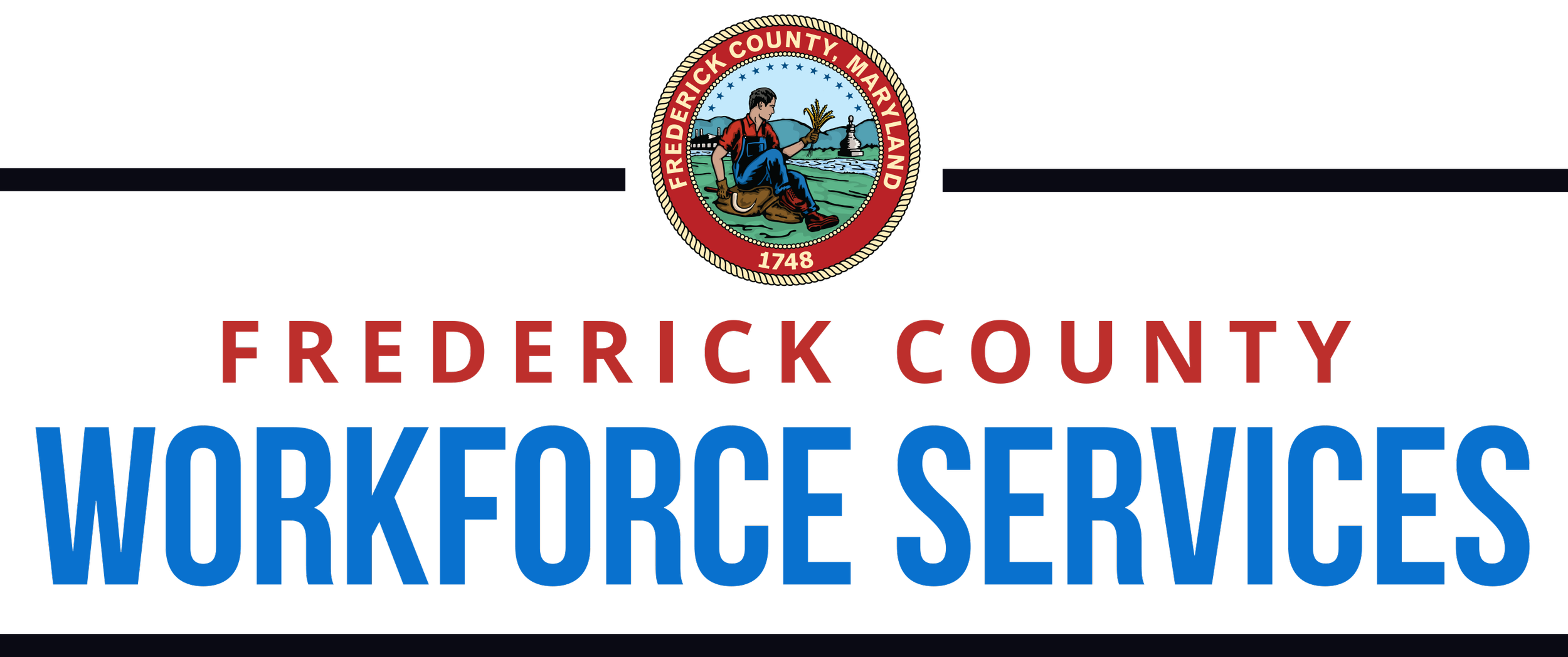What Job Seekers Wish You Knew
By Jennifer Allnutt, Division of Workforce Development & Adult Learning, Maryland Department of Labor
“You don’t know me.”
This is a statement we hear over and over again in workforce development. Customers come into our American Job Centers at a difficult time in their lives. Most did not see unemployment coming; most didn’t expect to feel a way they have never felt before; most are applying for benefits they never thought they would need.
Meeting our customers “where they are” presents many challenges. As professionals, we are tasked with completing certain goals within certain deadlines. We are also tasked with considering the “human factor” of what it means to lose something so important; one’s job. Finding that balance is a key to success between our job seekers and ourselves.
Recently, I polled over 100 former customers through our local American Job Center to ask them what frustrates them the most as they search for their next job opportunity. Following are some of their thoughts:
Feeling alone
Fear of starting all over
Skills gaps
Out of date job search skills, i.e., resumes, social media presence, etc.
Ageism
All the above
I then polled over 60 workforce development professionals to ask them what they thought job seekers were most frustrated about. Here is what they said:
Outdated resumes
Skills gaps
Feeling alone
Not hearing back from potential employers
All the above
I took the poll a step further with workforce development professionals and asked them what concerns them most about the customers they serve:
Unrealistic expectations
Unprepared customers
Customer’s impatience
Skills gaps
“Make the most of the time you have as professionals and as job seekers. Practice your active listening skills, including eye contact, attentiveness, paying attention to non-verbal clues, open-mindedness, full focus, and asking open-ended questions for understanding.”
These results show some definite commonality, however, there are many areas for improvement. What is the key to bridging gaps, especially those around expectations? It starts with both understanding and effective communication.
When we seek to understand one another, great strides are made in overcoming one of the fundamental issues we all face; unconscious bias based on preconceived notions. According to Licensed Clinical Social Worker Dr. Allan Schwartz, “The problem of holding preconceived notions as being true is that they can lead us to very negative and critical beliefs about others and that can affect our behaviors toward others.”
Here are some questions we should all be asking:
Do I have any preconceived notions or personal biases?
Who is the subject matter expert: the job seeker, or me?
How often have we made a judgment about someone we don’t know based on age, appearance, socioeconomics, or ethnicity? This goes back to my opening line; You don’t know me.
In an ideal scenario, there would be plenty of time for us to truly get to know the customers we serve, but this is rarely achievable. With the limited time we have with customers, we should focus on building trust, showing mutual respect, helping to manage expectations, and incorporating a holistic approach in how we interact with one another.
Make the most of the time you have as professionals and as job seekers. Practice your active listening skills, including eye contact, attentiveness, paying attention to non-verbal clues, open-mindedness, full focus, and asking open-ended questions for understanding.
Career Strategist Mark Newall summarizes it well: “In working with job seekers, we should establish rapport and trust and address the tactical job search strategies. We need to acknowledge the whole self. Job transition doesn’t occur in a vacuum.”
Now you know.

